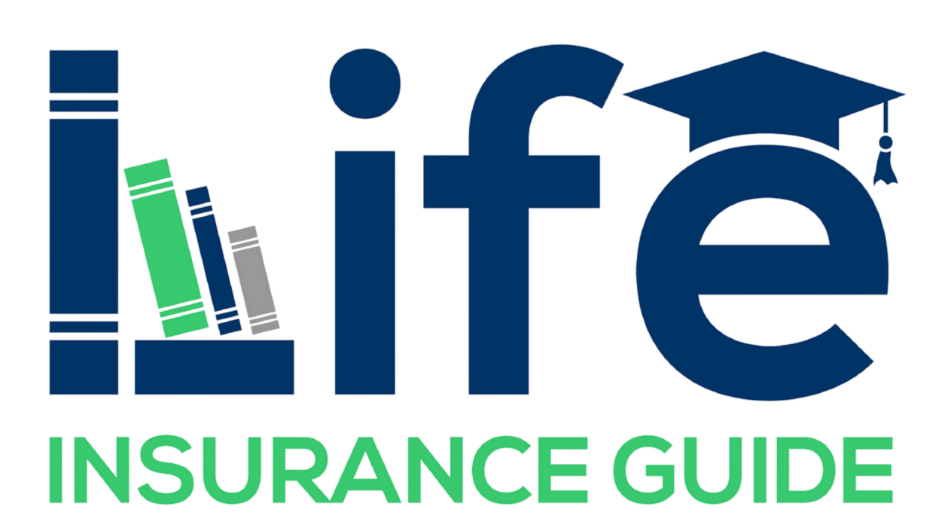As a business owner, your life insurance needs are more complex than those of employees. Your death or disability would impact not only your family but also your business, employees, and partners. This guide explains the key considerations.
Why Business Owners Need More Cover
Business owners often require higher levels of cover because:
- Income may be irregular or seasonal
- No access to employer-provided group life insurance
- The business may rely heavily on your personal skills and relationships
- Loans or guarantees are often held in your name
- Your family’s livelihood may depend on business income
Types of Business Life Insurance
Key Person Insurance
Protects the business if you or another key person dies. The business owns the policy and receives the payout, which can be used to:
- Cover lost revenue while finding a replacement
- Pay recruitment and training costs
- Maintain operations during transition
- Pay off debts
Buy–Sell Agreement Insurance
Funds a buy–sell agreement between business partners, ensuring:
- Surviving partners can buy out the deceased partner’s share
- The deceased partner’s family receives fair value
- Continuity of the business is maintained
- Disputes over valuation are avoided
Business Loan Protection
Covers debts you’ve personally guaranteed, preventing your family from being left with loan obligations if you die.
Personal Life Insurance for Business Owners
Business-specific cover is important, but personal life insurance is still essential to protect your family.
Income Replacement Challenges
Calculating replacement needs can be complex because:
- Income may fluctuate significantly
- Profits are often reinvested into the business
- Growth may provide future income streams
- A spouse or family may need to sell or wind down the business
Estate Planning Considerations
Business owners should consider:
- Succession planning (who will take over the business)
- Tax implications of business transfer
- Liquidity for estate taxes or debts
- Protection of business assets
Underwriting Challenges for Business Owners
Business owners may face additional scrutiny when applying for cover.
Financial Documentation
You may need to provide:
- Business financial statements
- Personal tax returns
- Accountant’s verification of income
- Business registration documents
Occupation Classification
Risk ratings vary depending on activities:
- Manufacturing or construction may attract higher premiums
- Professional services are typically standard risk
- Frequent travel can impact costs
- Hazardous activities may require special coverage
Tax Considerations
Personal Life Insurance
- Premiums are generally not tax-deductible
- Benefits are usually tax-free to beneficiaries
Business-Owned Life Insurance
Treatment depends on purpose:
- Key person cover: Premiums may be deductible if the payout is for revenue protection (but not if used for capital purposes)
- Buy–sell cover: Premiums generally not deductible; benefits usually received tax-free
- Loan protection: Premiums generally not deductible; benefits usually received tax-free
💡 Always seek advice from an accountant, as tax treatment depends on how the policy is structured.
Strategies for Business Owners
- Separate business and personal needs – don’t rely on one policy to do both.
- Review cover regularly – insurance needs change as your business grows.
- Consider disability cover – you’re more likely to be disabled during working years than to die.
- Work with specialists – advisers who understand business needs can guide you through structuring cover.
- Plan for succession – integrate life insurance into your broader succession and estate planning.
Common Mistakes to Avoid
- Underestimating cover requirements
- Not updating beneficiaries after business changes
- Failing to coordinate personal and business policies
- Ignoring disability insurance
- Overlooking tax implications
- Not reviewing cover as the business evolves
Getting Started
To determine your life insurance needs as a business owner:
- Assess your family protection needs
- Evaluate key person risks in your business
- Review loans and guarantees in your name
- Consider partnership arrangements and agreements
- Consult with an adviser experienced in business insurance
- Coordinate with your accountant on tax treatment
A Word on Getting Help
While it’s possible to research policies on your own, the reality is that business insurance involves more than choosing cover amounts. Tax treatment, ownership structures, and legal agreements all play a role in how effective your insurance strategy will be when it’s needed most.
This is where a specialist adviser adds real value. An adviser with experience in business protection not only understands the technical details of Life, Total and Permanent Disability (TPD), Trauma and Income Protection insurance, but also how those interact with legal contracts and tax outcomes. Importantly, they can coordinate with your accountant, lawyer, and other professionals to make sure everything works together seamlessly.
By engaging a skilled adviser, you reduce the risk of gaps, duplication, or unintended tax consequences. You also gain an advocate who can guide you through underwriting and stand beside you at claim time. In short, a specialist adviser doesn’t just arrange cover – they help integrate it into the bigger picture of your business and personal planning, giving you and your family greater confidence and peace of mind.
⚠️ Remember: As a business owner, you’re protecting more than just your family – you’re safeguarding your business, employees, and partners. Taking the time to structure your cover properly provides peace of mind for everyone who relies on you.




